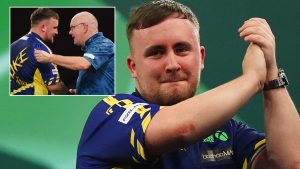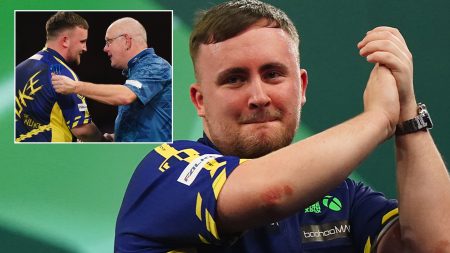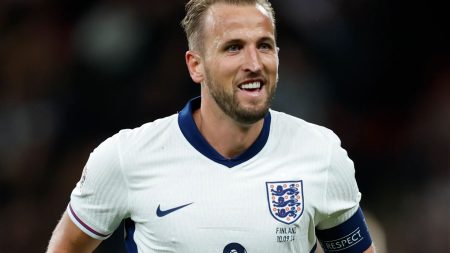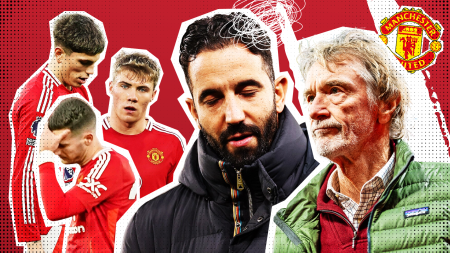Amazon Prime Video concluded its six-year stint broadcasting Premier League matches last night, marking the end of an era for the streaming platform’s football coverage. Over the past half-dozen seasons, Prime Video held the rights to two full rounds of matches per season, including all Boxing Day fixtures and a midweek round. This arrangement provided a valuable alternative for fans who didn’t subscribe to traditional sports broadcasters like Sky Sports and TNT Sports. The final match broadcast by Prime Video was Arsenal’s clash against Ipswich, with presenter Gabby Logan offering a heartfelt farewell to viewers, highlighting memorable moments and promising continued coverage of Champions League matches.
Prime Video’s foray into Premier League broadcasting significantly expanded access to live football for many households. Their package offered a convenient and often more affordable way to watch select games, appealing to those who weren’t willing or able to commit to the more extensive (and expensive) offerings of established sports channels. Logan’s sign-off, shared across Prime Video’s social media, emphasized the positive impact of their coverage, featuring a montage of highlights from the past six years. The streaming service also boasted an impressive tally of 128 games broadcast, featuring 335 goals and special moments like a performance by John Legend.
Despite positive fan reception and increased accessibility, Prime Video’s participation in the next round of Premier League broadcasting rights was curtailed by escalating costs. The streaming giant had been paying approximately £30 million per season for their existing package. However, securing any of the available packages in the new deal would have likely required an investment ten times higher, a price tag deemed unsustainable. This effectively priced Prime Video out of contention with established giants like Sky Sports and TNT Sports, who possessed significantly deeper pockets.
The news of Prime Video’s departure was met with considerable disappointment from fans who had come to appreciate their coverage. Social media platforms buzzed with comments lamenting the loss, with many praising the quality and accessibility of Prime Video’s broadcasts. Some viewers expressed their hope for the streaming service’s eventual return to Premier League broadcasting, while others urged them to consider pursuing full-time coverage in the future. The sentiment reflected a general appreciation for the alternative Prime Video had provided in the broadcasting landscape.
The new Premier League broadcasting deal, commencing next season and running through the 2028-29 season, redistributes the match packages between Sky Sports and TNT Sports. TNT Sports retains its traditional Saturday 12:30 pm kickoff slot, alongside two midweek rounds, totaling 52 matches per season. Sky Sports significantly expands its coverage, securing rights to a whopping 215 matches per season. This includes their existing Friday and Monday evening slots, Saturday 5:30 pm matches, and Sunday 2 pm and 4:30 pm kickoffs. Additionally, Sky gains the flexibility to broadcast Sunday 2 pm matches rescheduled due to clubs’ participation in European competitions.
This new arrangement consolidates Premier League broadcasting within the traditional players, potentially limiting access for viewers who relied on Prime Video’s more accessible offering. While the expanded coverage by Sky Sports and TNT Sports offers a wider range of matches, it also necessitates subscription to these services, which may be cost-prohibitive for some fans. The departure of Prime Video leaves a gap in the market for a more affordable and flexible viewing option, the implications of which will likely unfold over the coming seasons. The streaming service’s six-year tenure, however brief, demonstrably highlighted the demand for alternative broadcasting models in the evolving media landscape.











